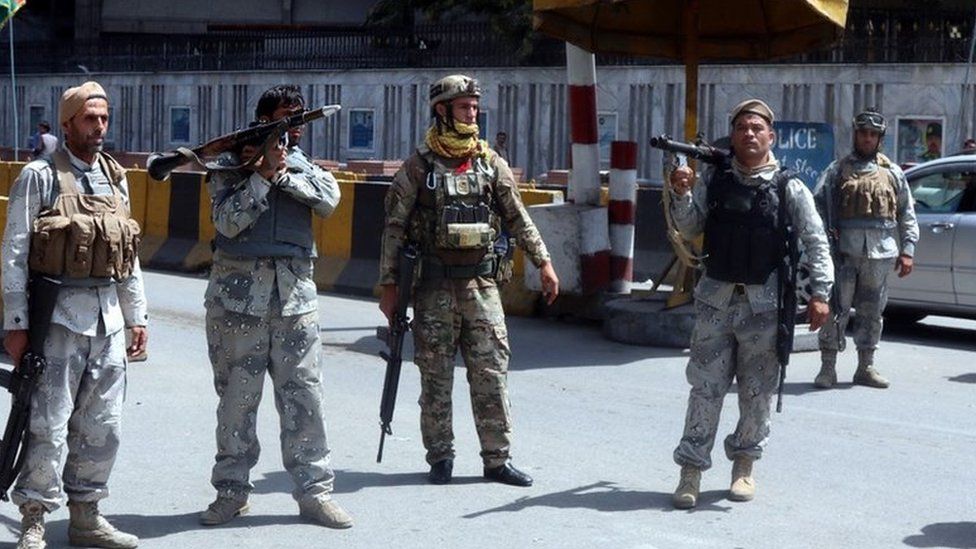
Taliban takeover is not a single-day feat. The development comes in the wake of the organization’s victory not only through battle and capture of several provincial capitals but also through deals and forced surrenders. Here’s the complete scoop on the issue.
What has happened so far?

Taliban ordered its members and fighters to enter Kabul on Sunday. Earlier the group promised to not take over the capital by force. “Our forces have not entered Kabul city, and we just issued a statement saying that our forces will not enter Kabul city. We are talking and awaiting a peaceful transfer – a transition of the capital city,” stated Suhail Shaheen, the Taliban spokesperson.
How did this come to be? Why did the Afghans not fight?
The Afghan forces were impressive on paper. Despite being made up of over 300,000 personnel and with several powerful types of equipment in their arsenal, corruption, lack of training, and poor leadership took their toll. Facing the Taliban without US airstrikes and added defense support was difficult for the Afghan forces. Additionally, all this led to the country’s forces surrendering or even deserting their posts, entire units at times, ultimately leading to the Taliban takeover.
Taliban takeover: How did the Taliban group take advantage?
The deal between the Taliban and the US on withdrawing US troops from Afghanistan was the start of a victorious page. However, it was the taste of abandonment and betrayal for several Afghans. The aggressive group continued attacking government forces, killing innocents, activists, and journalists. In addition to this, warlords and their militia tried their best to stand against the Taliban. However, their confidence and morale depleted as the Afghanistani government failed to survive.
How was the Taliban’s takeover so quick?
As said earlier, the takeover is a well-planned event. The Taliban began cutting deals and making arrangements for surrender long before their onslaught in May. They did not have to put a large fight since the deals and well-planned takeovers, did their bidding for them.
